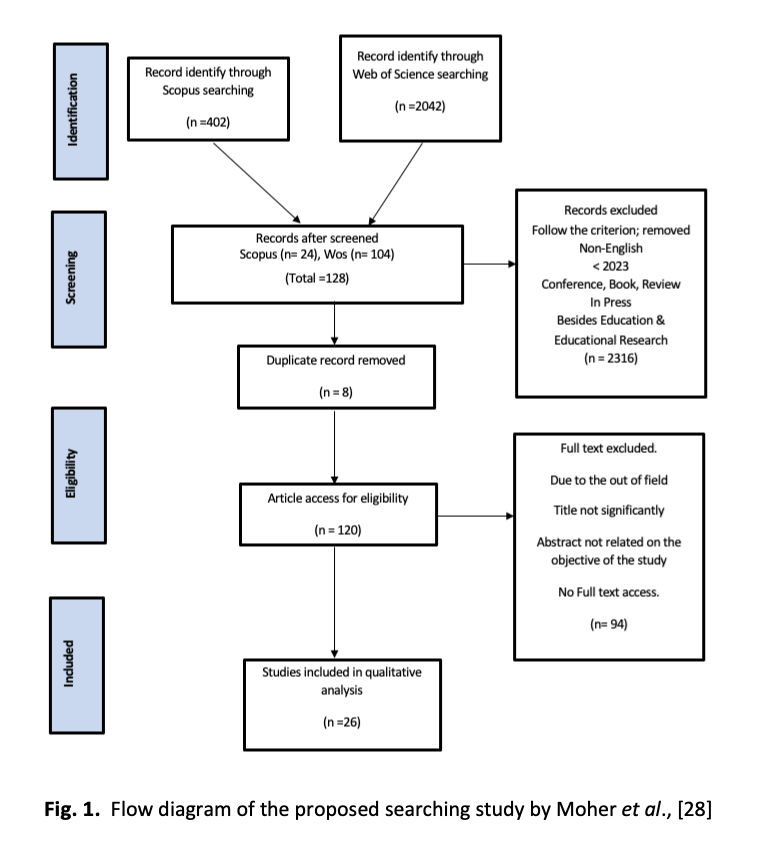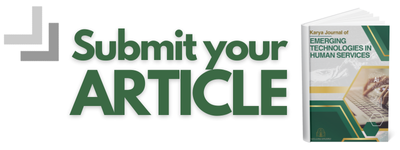The Challenges of Teaching and Learning Programming in Schools: Insights from A Systematic Literature Review
DOI:
https://doi.org/10.37934/kjeths.1.1.4863Keywords:
Programming education, teaching challenges, learning challenges, school curriculumAbstract
The growing importance of programming education in schools is undeniable as digital literacy becomes a critical competency for the 21st century. However, various challenges hinder effective programming education, including pedagogical constraints, cognitive difficulties, and technological barriers. This systematic literature review provides a comprehensive analysis of recent studies to identify and categorize these challenges. Methodologically, a systematic review approach was adopted, involving comprehensive searches across academic databases to identify relevant studies. To achieve this, we conducted an extensive search of scholarly articles from reputable databases such as Scopus and Web of Science, focusing on studies published between 2023 and 2025. The flow of study based on PRISMA framework. The database found (n=26) final primary data was analysed. Numerical results from the selected literature highlight three key themes: (1) Pedagogical Approaches and Strategies in Teaching Programming, (2) Computational Thinking and Cognitive Development in Programming Education, and (3) Technological Integration and Challenges in Programming Education. Findings indicate that 38.5% highlighting the effectiveness of game-based learning, project-based instruction, and peer collaboration in improving engagement and learning outcomes; 30.8% addressing cognitive overload, conceptual difficulties, and the need for structured problem-solving frameworks to enhance students’ analytical skills; and 30.8% emphasizing issues such as inadequate infrastructure, limited access to programming tools, and insufficient teacher training. The findings underscore the necessity of standardized pedagogical frameworks, enhanced teacher training programs, and curriculum reforms to bridge the gap between theory and practice. Future research should focus on developing scalable, evidence-based strategies to address these challenges and ensure the effective integration of programming education across diverse school settings.













